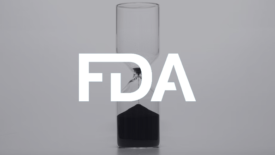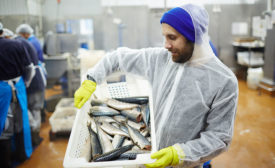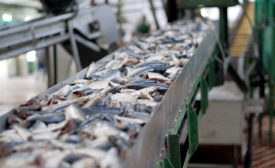COVID-19
The COVID-19/coronavirus pandemic that began in 2019 has impacted food safety, primarily in relation to facility sanitation, worker hygiene, personnel shortages and turnover, and ongoing supply chain disruptions.
ARTICLES
How Food Manufacturers Have Responded to the COVID-19 Pandemic—Part 2
Six of the seven facilities assessed reported a "noticeable" or "significant" improvement in food safety culture behaviors of workers
February 6, 2023
How Food Manufacturers Have Responded to the COVID-19 Pandemic—Part 1
Seafood manufacturers have demonstrated adaptability to protect workers and avoid closing, despite supply shortages and changing public health guidance
December 9, 2022
The Future of Food Safety Microbiology Markets
The markets surrounding microbiology testing have been changing rapidly in recent years—a change that will continue over the long term
December 9, 2022
Focusing Ahead—Processors' Priorities for the Near Term
Food processors are now focusing on projects and priorities put on hold during the pandemic, including maintaining or adding to food safety certifications
August 15, 2022
Never miss the latest news and trends driving the food safety industry
eNewsletter | Website | eMagazine
JOIN TODAY!Copyright ©2024. All Rights Reserved BNP Media.
Design, CMS, Hosting & Web Development :: ePublishing










